Optimal Timing for Sidewalk Repairs
Identifying the optimal time for sidewalk trip hazard repairs is essential to ensure safety and compliance. The timing often depends on weather conditions, local regulations, and the severity of the hazards. Typically, repairs are most effective during mild weather months when conditions allow for efficient work without delays caused by extreme heat or cold.
Spring and fall are ideal for sidewalk repairs due to moderate temperatures and lower precipitation levels, facilitating quicker and safer work.
Repair projects should be scheduled during dry weather periods to prevent delays and ensure proper curing of materials.
Local municipalities may have specific deadlines for sidewalk repairs, often aligning with seasonal cycles or inspection schedules.
Performing repairs during periods of low pedestrian traffic minimizes disruptions and enhances safety for pedestrians.
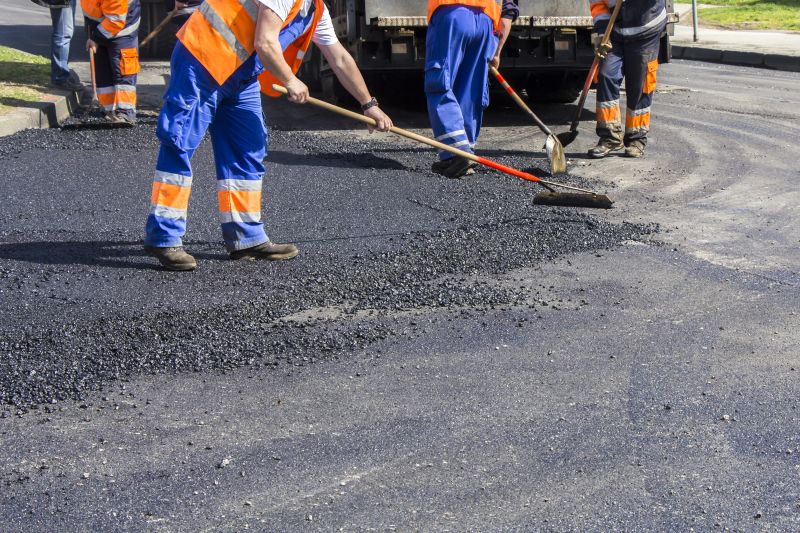
Workers repairing a sidewalk after winter damage, with fresh asphalt.
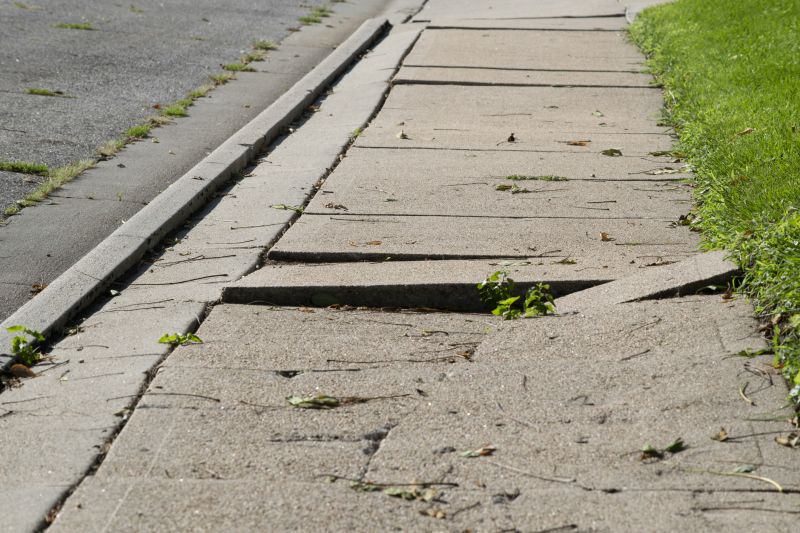
A team working on sidewalk leveling during dry summer months.
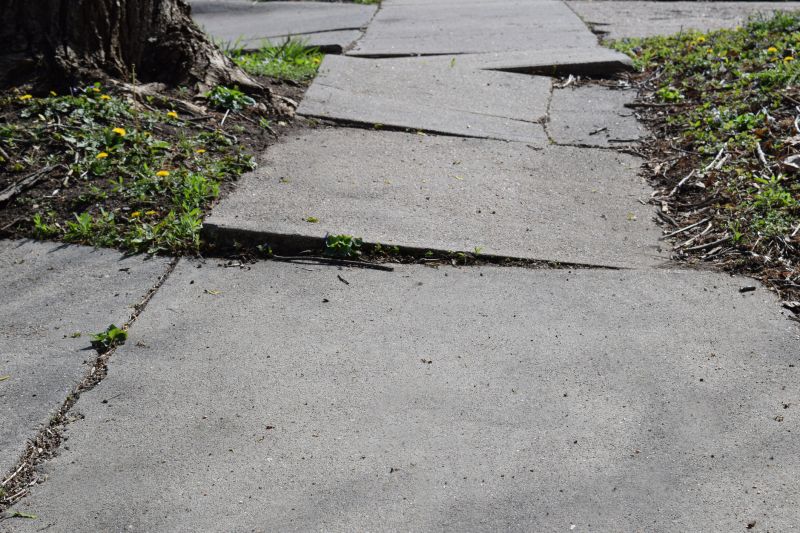
Sidewalk repairs underway with fallen leaves around.
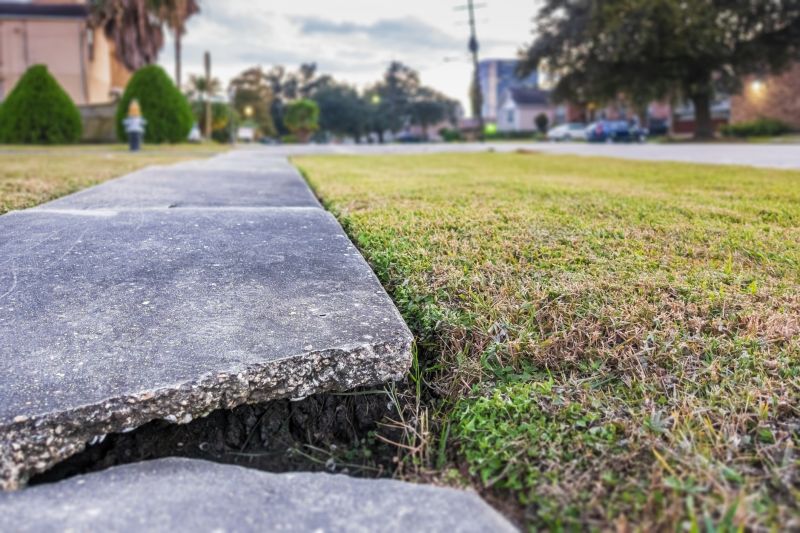
Limited repairs during cold weather due to snow and freezing temperatures.
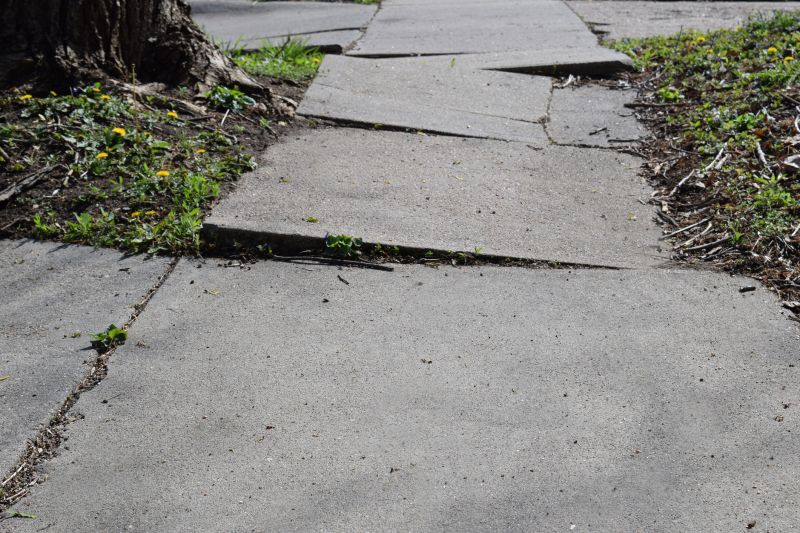
Ways to make Sidewalk Trip Hazard Repairs work in tight or awkward layouts.
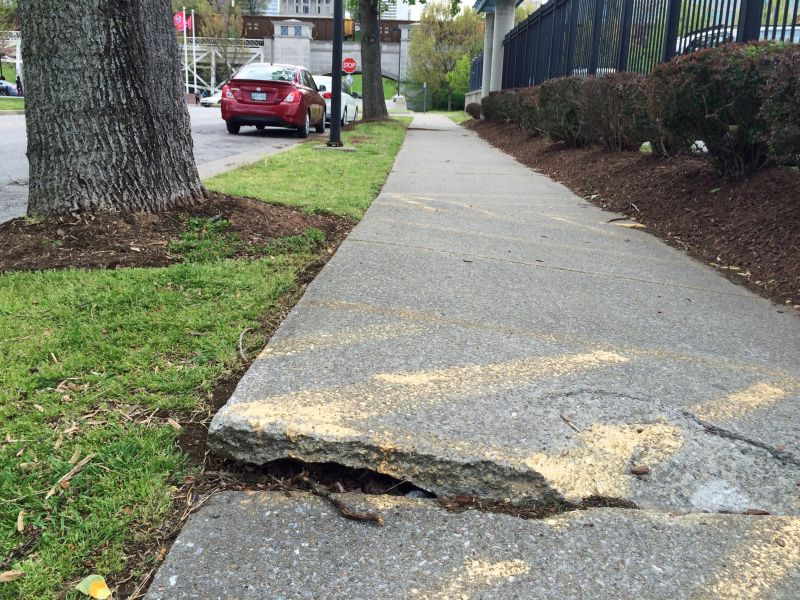
Popular materials for Sidewalk Trip Hazard Repairs and why they hold up over time.
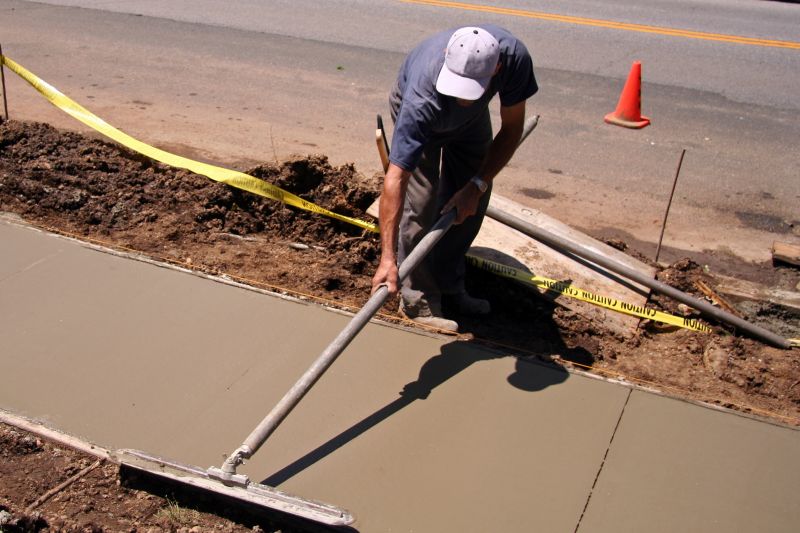
Simple add-ons that improve Sidewalk Trip Hazard Repairs without blowing the budget.
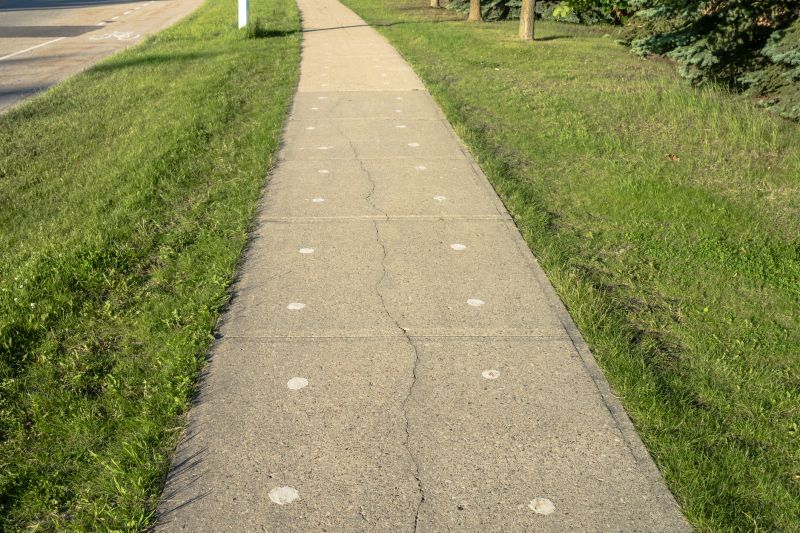
High-end options that actually feel worth it for Sidewalk Trip Hazard Repairs.
Sidewalk trip hazard repairs are a crucial aspect of maintaining safe pedestrian pathways. Trip hazards can result from uneven surfaces, cracks, or damaged concrete, which pose risks especially to the elderly and individuals with mobility challenges. According to recent studies, falls caused by sidewalk hazards account for a significant percentage of pedestrian injuries annually. Addressing these hazards promptly can reduce injury rates and liability for property owners.
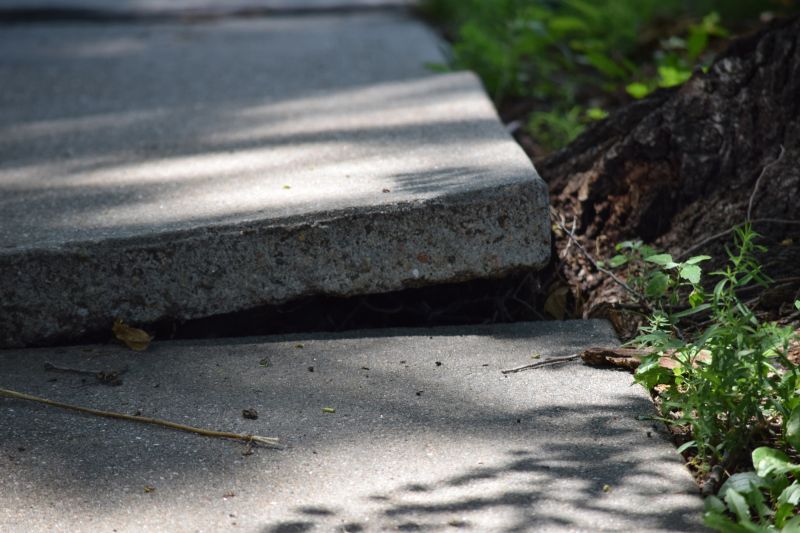
A close-up of concrete leveling to fix a trip hazard.
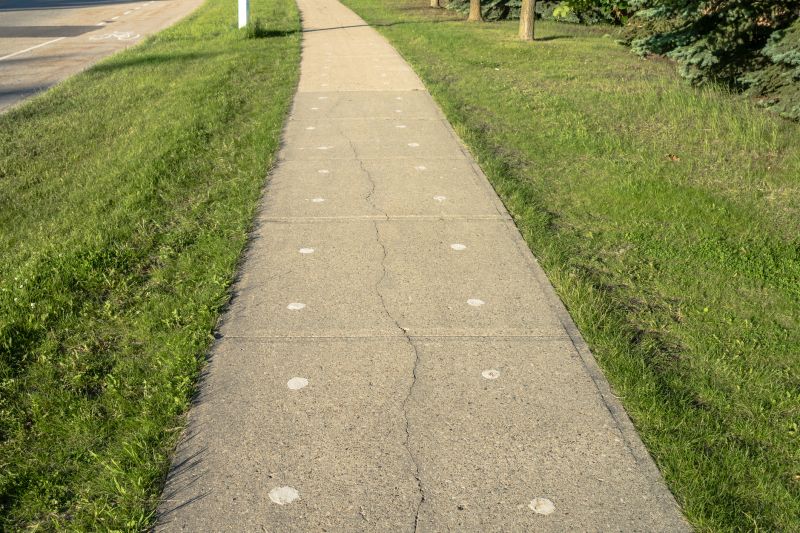
Sidewalk with a large crack before repair and smooth surface after.
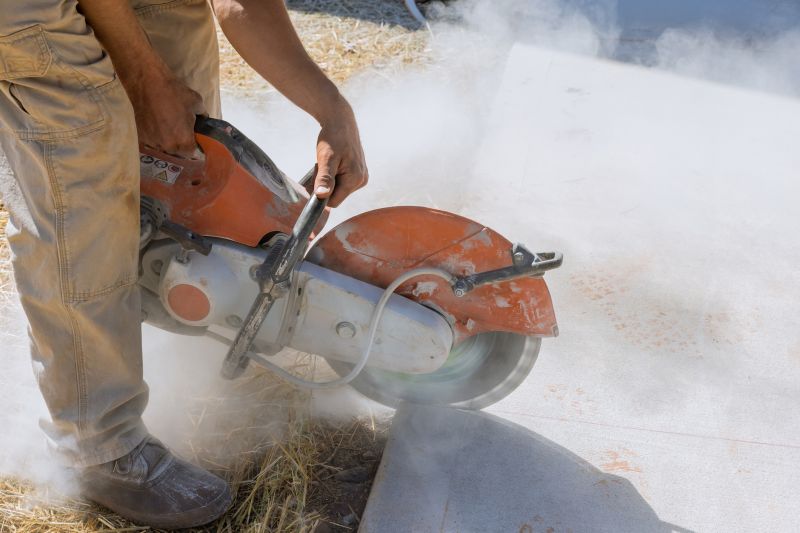
A worker using a grinder to smooth out uneven sidewalk edges.
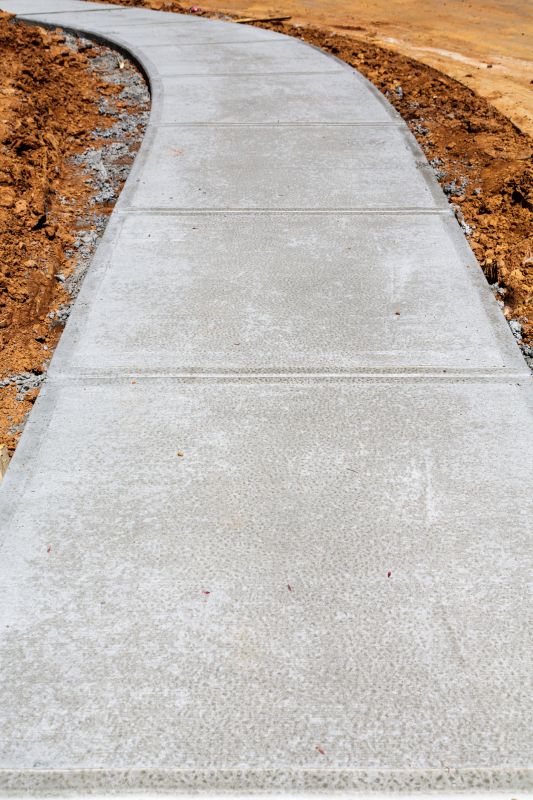
Finished sidewalk with even surface and clear markings.
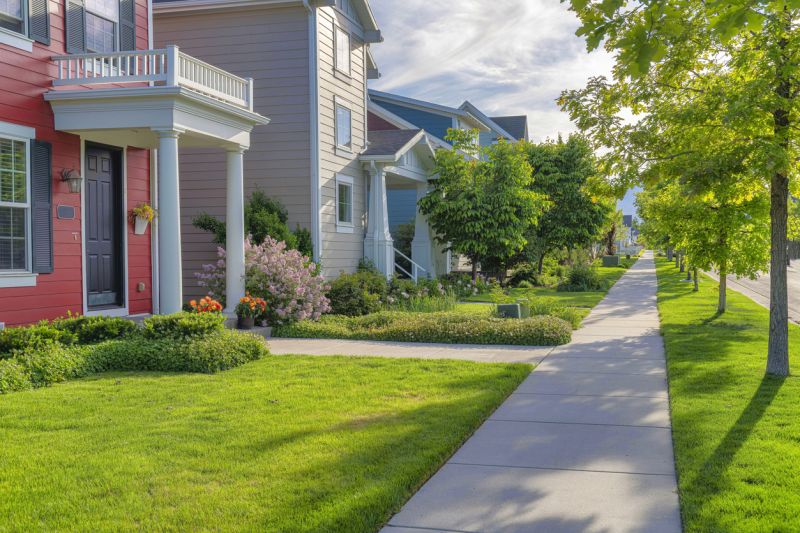
Finishes and colors that play nicely with Sidewalk Trip Hazard Repairs.
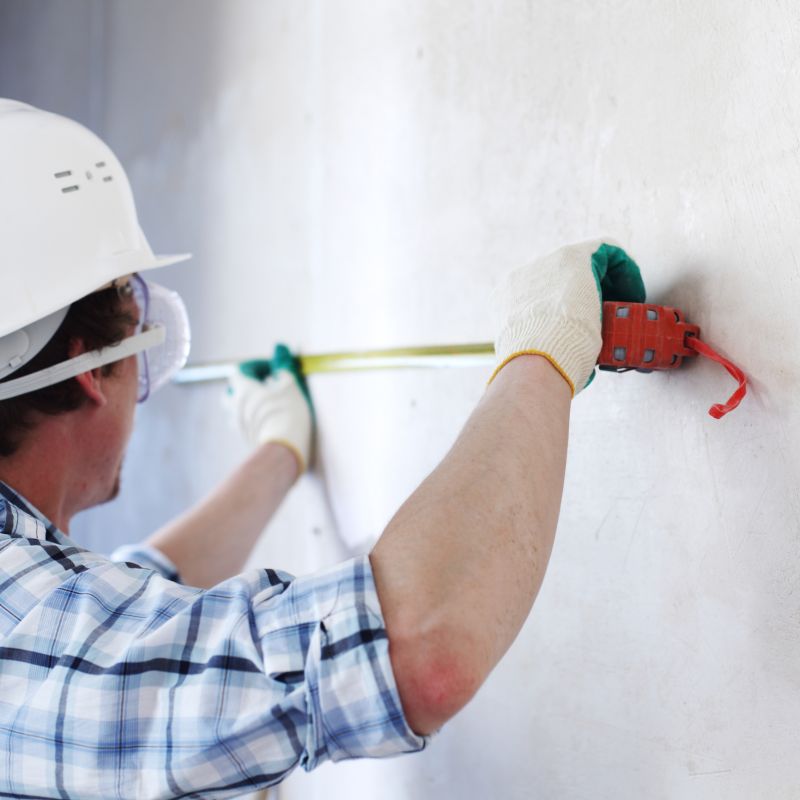
Little measurements that prevent headaches on Sidewalk Trip Hazard Repairs day.
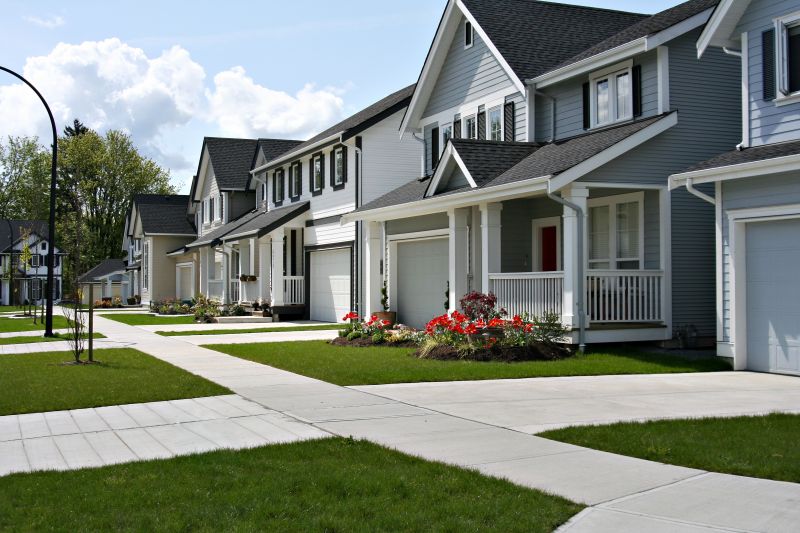
A 60-second routine that keeps Sidewalk Trip Hazard Repairs looking new.
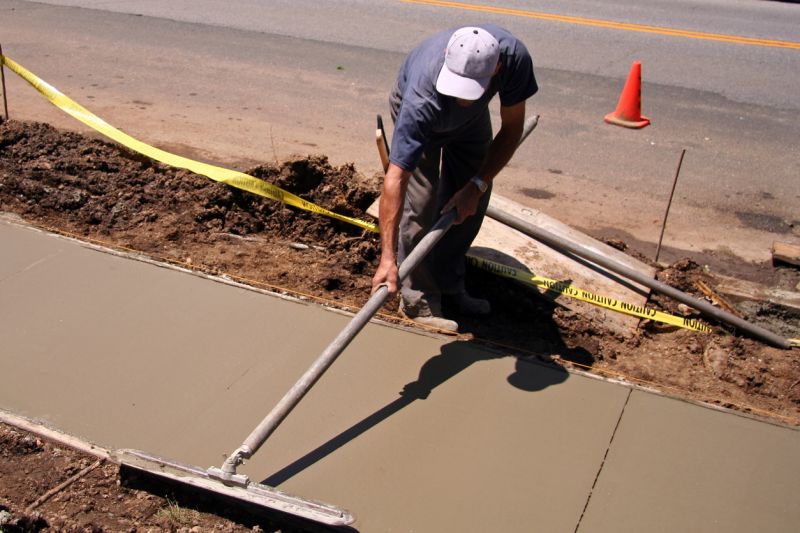
A frequent mistake in Sidewalk Trip Hazard Repairs and how to dodge it.
| Season | Ideal Repair Conditions |
|---|---|
| Spring | Moderate temperatures, low precipitation |
| Summer | Dry weather, long daylight hours |
| Autumn | Mild weather, fewer storms |
| Winter | Limited repairs due to cold and snow |
| Emergency | Any season for urgent hazards |
Timely sidewalk trip hazard repairs improve pedestrian safety and help avoid liability issues. Scheduling repairs during favorable weather conditions ensures quality work and long-lasting results. Regular inspections can identify hazards early, allowing for repairs to be planned at optimal times, minimizing inconvenience to pedestrians and maximizing safety.
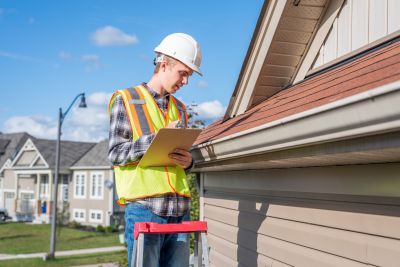
A technician inspecting sidewalk conditions for hazards.
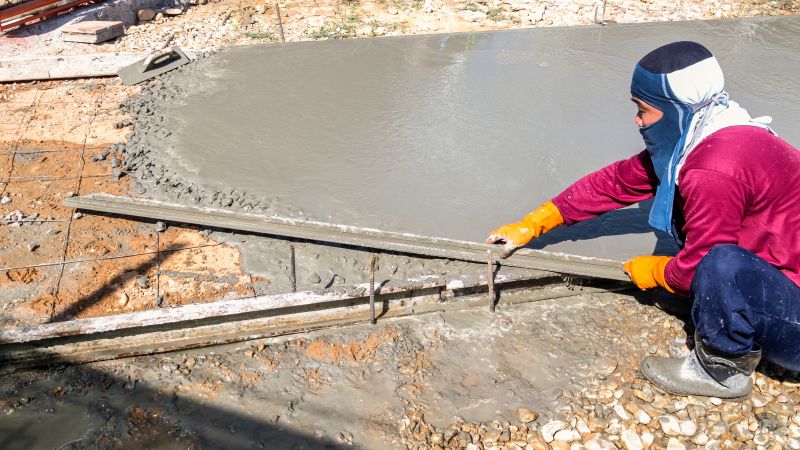
Worker leveling a sidewalk surface to eliminate trip hazards.
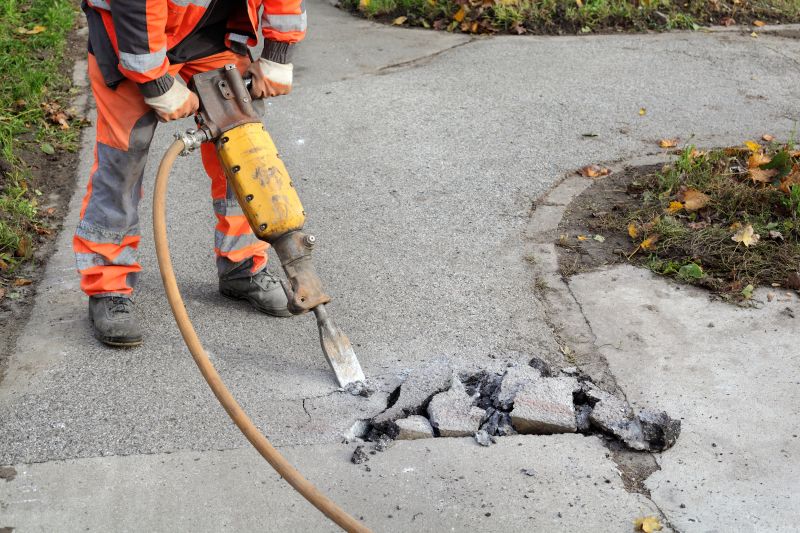
Sidewalk repair work near a busy pedestrian area.
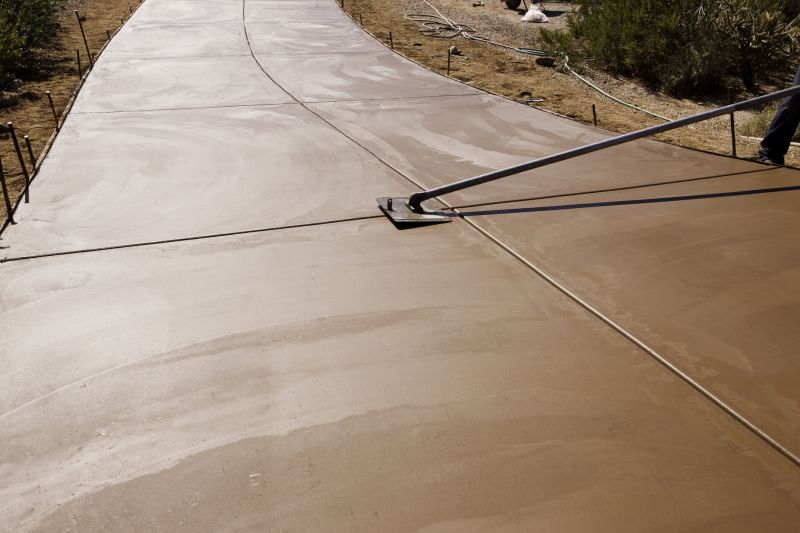
Completed sidewalk with smooth, hazard-free surface.
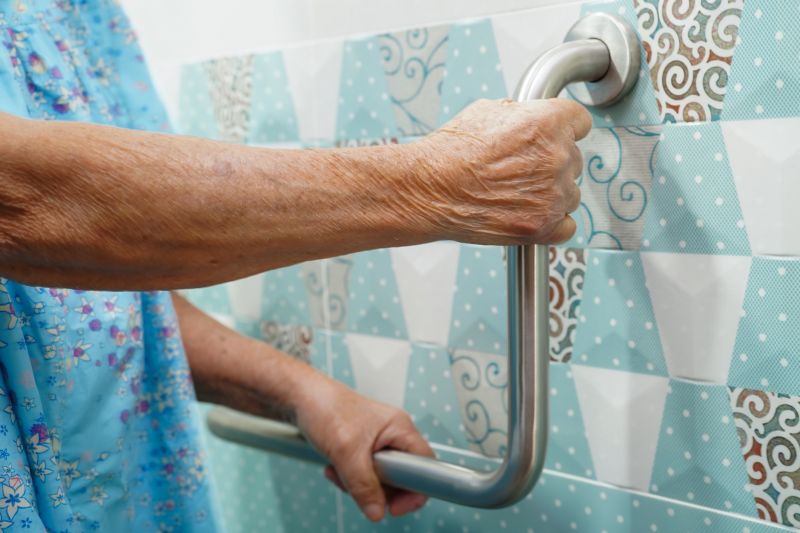
Small tweaks to make Sidewalk Trip Hazard Repairs safer and easier to use.
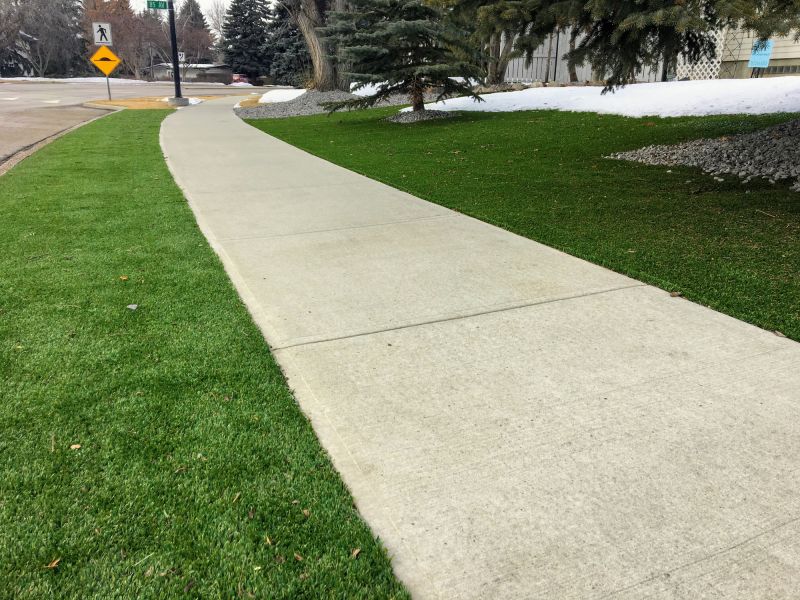
Lower-waste or water-saving choices for Sidewalk Trip Hazard Repairs.
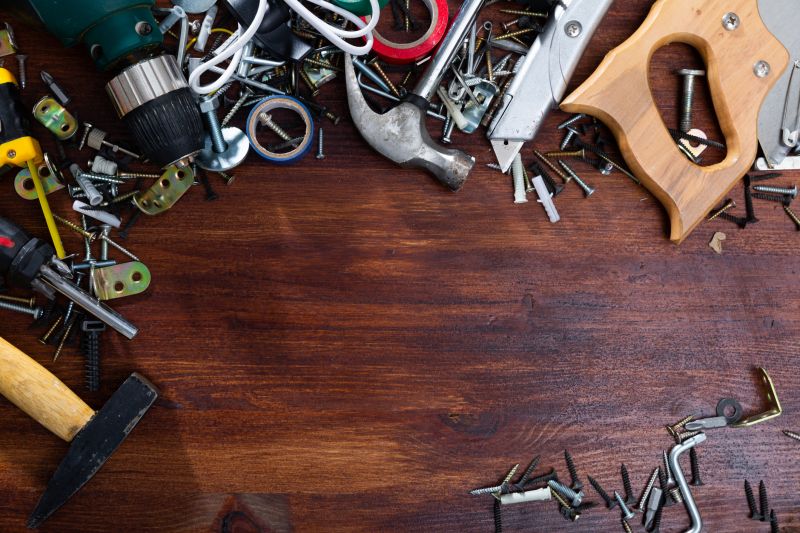
The short, realistic tool list for quality Sidewalk Trip Hazard Repairs.
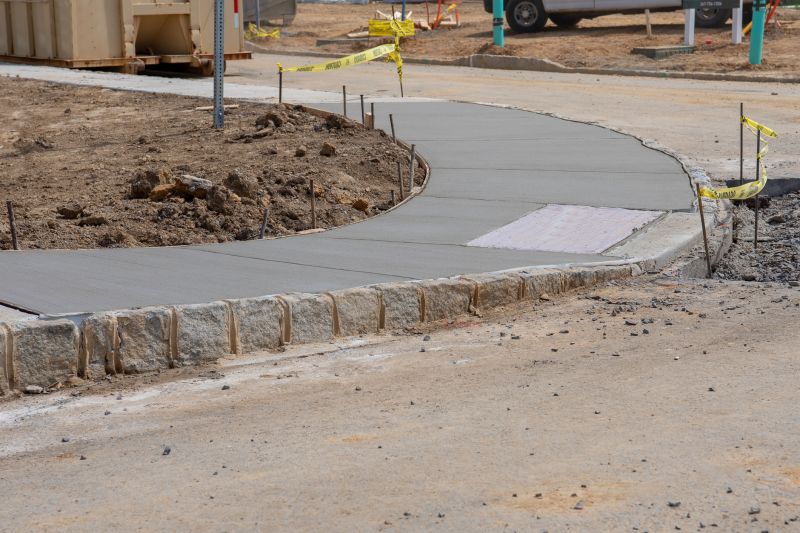
Rough timing from prep to clean-up for Sidewalk Trip Hazard Repairs.
Interested parties are encouraged to contact for more information about scheduling sidewalk trip hazard repairs. Proper timing and maintenance can significantly reduce risks and enhance pedestrian safety in the community.
